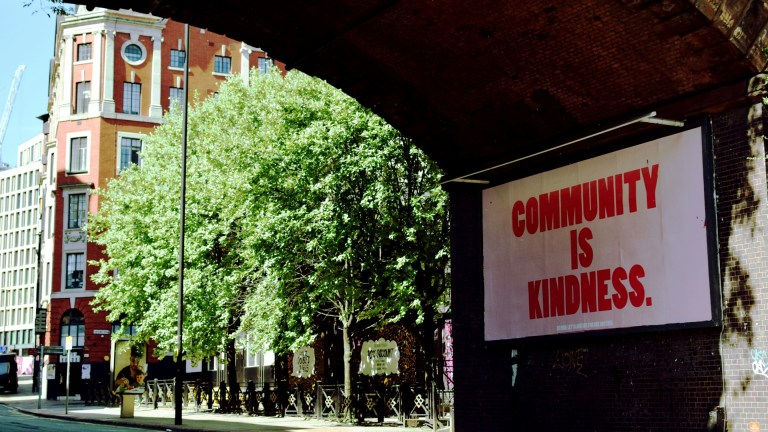Although lockdown may have eased for most of us, communities across the UK are still under significant strain – with many stretched to breaking point. The impact of the pandemic has plunged many more people into difficulties, with an alarming 15 million people currently in poverty and a shocking 15 per cent of households having faced food insecurity over the past six months. Alongside this, mental health concerns are mounting: depression rates have doubled compared to before Covid-19. People of all ages are suffering and struggling to get by.
While these urgent concerns may be commonly felt across different communities, one size certainly doesn’t fit all when it comes to tackling them. Local action built on local knowledge must come first. It is those closest to their communities who know best about their needs and how to support them. The expertise and ingenuity of small charities and local causes is needed now more than ever.
There are over 136,000 small charities and community causes across the UK – and they have been saving lives since the start of the pandemic. From food banks to homelessness groups; from those providing refuge to people facing domestic abuse, to organisations giving companionship to elderly people facing social isolation. These grotups, and many others like them, have already responded fast, flexibly and unfalteringly to a huge rise in demand. Without them, an unthinkable number of people might have fallen through the cracks.
Yet despite their resilience and proven local impact, the vital contribution of small charities and good causes to society is still largely under-recognised. They aren’t being prioritised as part of the rebuild and recovery from the pandemic – which is a major missed opportunity.
Recent analysis revealed that large charities received more than a quarter of the emergency government funding from the Coronavirus Community Support Fund that was aimed at supporting small charities and community organisations. Without scaling up support for grassroots charity organisations, many of them risk disappearing altogether – which would be damaging for all of us.
When it comes to business, relationships with smaller voluntary organisations are still not being maximised to their potential. Although there are some brilliant examples of companies forging meaningful partnerships with local charities, this is all too often the exception not the norm.










